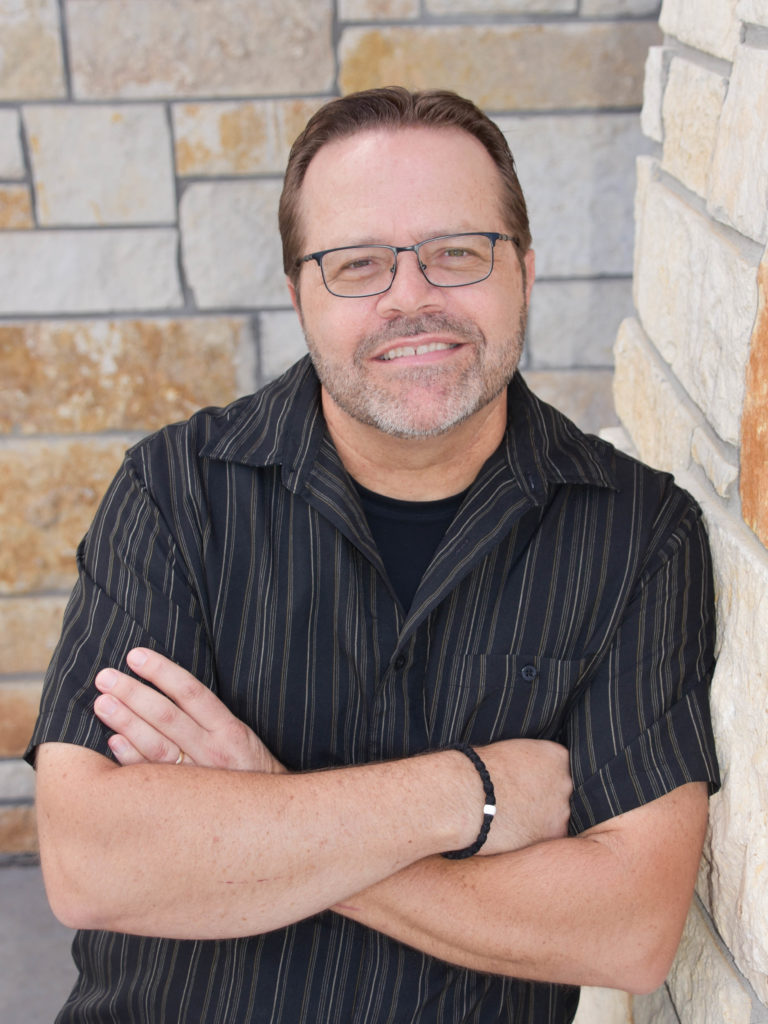During a recent gathering of representatives from Evangelical Friends Church-North America (EFC-NA), regional leaders from each of our six yearly meetings (Alaska, Eastern Region, Mid America, Northwest, Rocky Mountain, Southwest) met in Wichita for a 24-hour prayer retreat. In the midst of this prayer-saturated environment, a spontaneous conversation arose that was focused around a keen awareness of the need to continually clarify our common, core identity as a community of Evangelical Friends here in North America. Based on the fact that this conversation took place in the context of a prayer retreat, I was reminded at the time of a quote I recently came across in my re-reading of Fresh Wind, Fresh Fire by Jim Cymbala:
Prayer has ancient roots. It goes back before Christ, before David, even before Moses organized a formal worship system with the tabernacle. The first mention occurs all the way back in Genesis 4:26: “At that time people began to call on the name of the LORD.” Think about that … before a Bible was available, before the first preacher was ordained or the first choir formed, a godly strain of men and women distinguished themselves from their ungodly neighbors by calling on the Lord … God’s first people were not called “Jews” or “the children of Israel” or “Hebrews” [or “Friends” or “Quakers” for that matter]. In the very beginning their original name was “those who call on the name of the LORD.”
As I continue to reflect upon this reality, I am once again struck by the fact that the Church of Jesus Christ was not birthed in a business meeting but in a prayer meeting (Ac 1:14; 2:1). The same could be said of practically every new and authentic expression of the Christian Church that has emerged over the past 2,000 years. This includes the Friends movement, of course, which traces its origins to the tortured prayer of a desperate seeker, one who had exhausted a long list of man-made remedies that repeatedly failed to satisfy the deepest longings of his soul. As George Fox called directly upon the name of the LORD, he received a life-changing revelation: “There is one, even Christ Jesus, who can speak to thy condition.” And when he sought greater clarification regarding what to do with this newfound discovery, he received a clear and compelling vision from the Lord of “a great people to be gathered.” Again, this new gathering of God’s people that soon became better known as the Society of Friends was conceived in a prayer closet, not a board room.
So what does all of this have to do with Christmas? At the very least, it means that the incarnation was no random act of kindness. The birth of Christ, like every other pivotal event in God’s great kingdom, took place in concert with the prayers of God’s people (Lk 1:10, 13; 2:25-26; 36-38). Considering the fact that it had been roughly 400 years since anyone had received any direct revelation regarding the coming of the long-awaited Messiah, the first Christmas occurred in the context of what might best be described as one of the longest and most fervent prayer vigils in human history. With all of the faithful saints through the ages, we readily confess that Jesus was conceived by the Holy Spirit and born of the Virgin Mary. Based on the biblical narrative, we should be equally prepared to proclaim that our Lord’s arrival was continually bathed in prayer.
With this in mind, allow me to offer a few “Christmas Queries” for your prayerful consideration during this Advent season as we celebrate the birthday of Christ our King, the One who has come, is come, and will come again to fulfill the deepest desires, wildest dreams and most fervent prayers of His people …
- What percentage of your personal life – private and public, formal and informal, structured and unstructured – is intentionally devoted to “calling on the name of the Lord”?
- What percentage of your family life is intentionally devoted to “calling on the name of the Lord?”
- What percentage of your congregational life is intentionally devoted to “calling on the name of the Lord”?
- What percentage of your personal, family and congregational decision-making processes are intentionally devoted to “calling on the name of the Lord?”
- What might visitors say if they were asked to identify tangible evidence that you, your family or your local church are devoted to “calling on the name of the Lord?”
- What specific steps might the Lord be calling you, your family or your local church to take in order to strengthen and expand your devotion to “calling on the name of the Lord”?
As a good friend of mine often reminds me, “When people work, people work; when people pray, God works.”

So when it comes to clarifying our common, core identity as Friends of the living God, especially during this Christmas season, very little has changed since the beginning of human history …
“The same Lord is Lord of all and richly blesses all who call on him, for, ‘Everyone who calls on the name of the Lord will be saved'” (Rm 10:12).
– David O. Williams, General Superintendent
Follow Us!